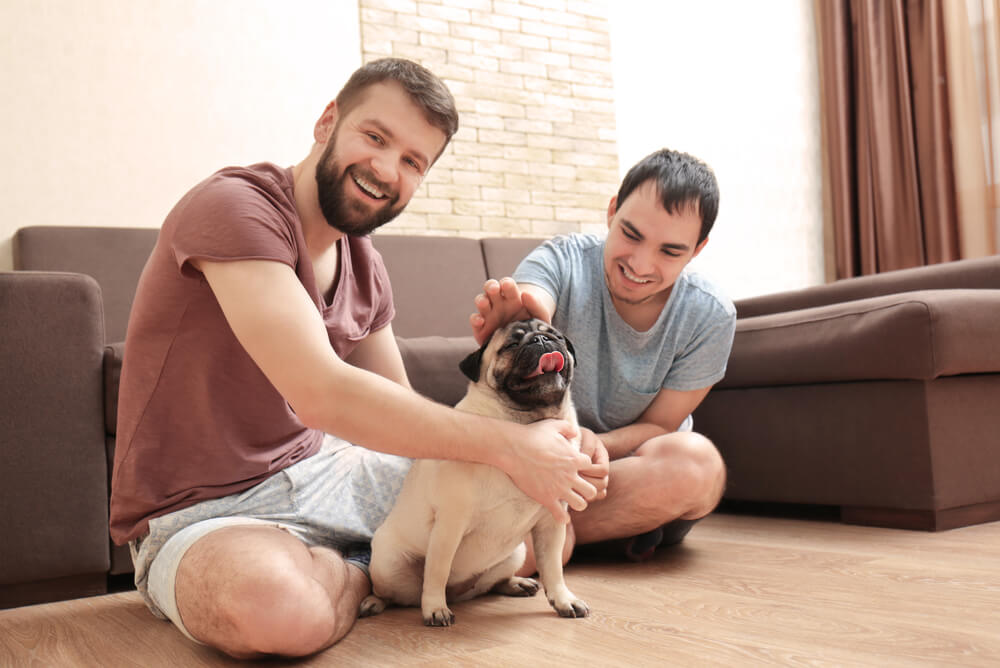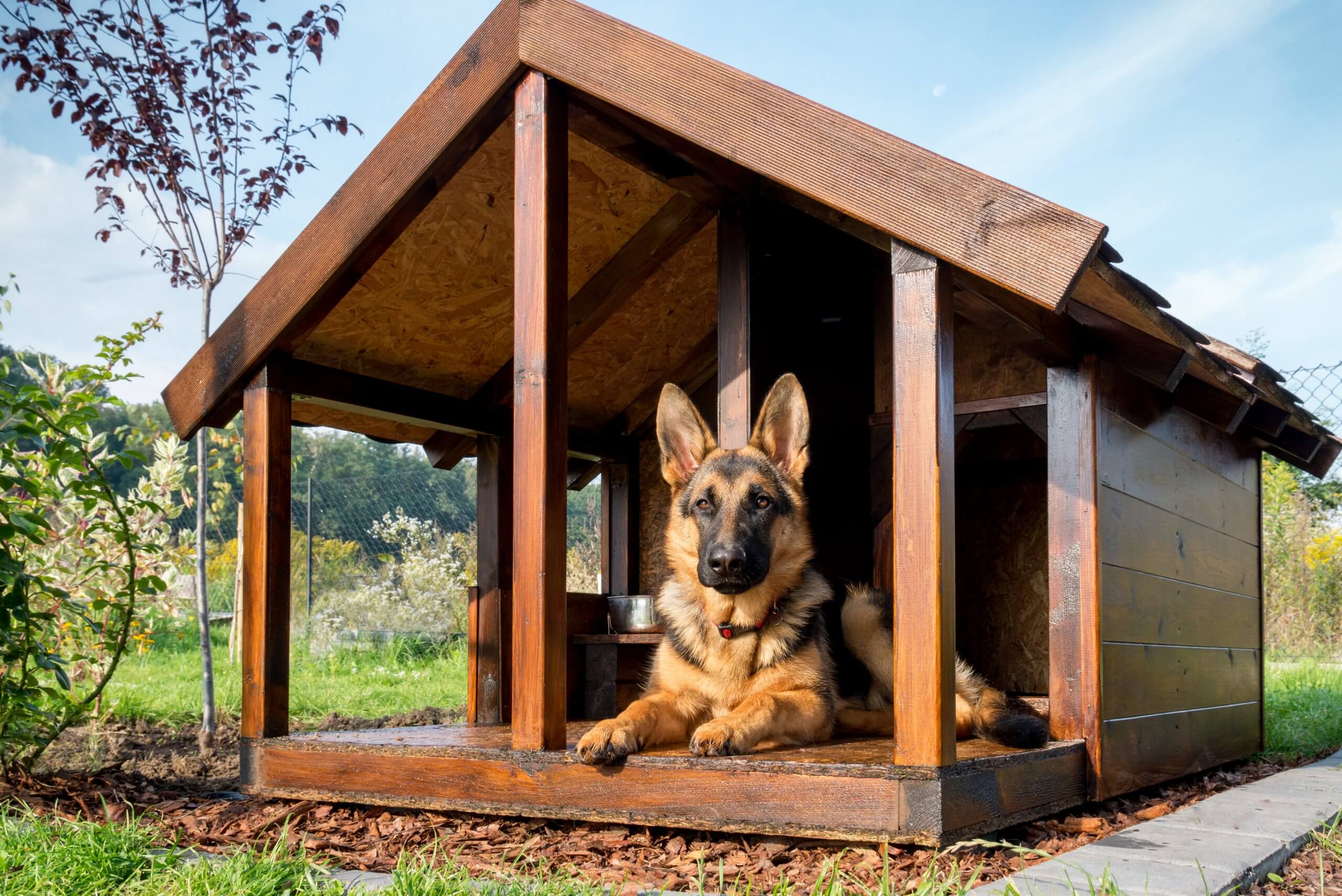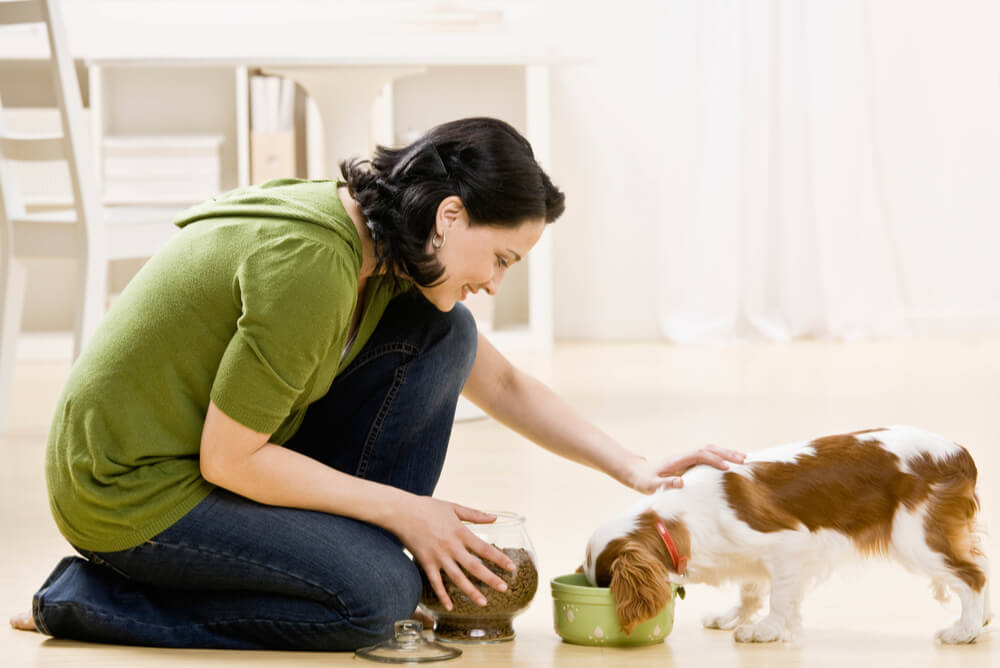A healthy dog is a happy dog. Whether you purchase a pup from a breeder, find it online or give an older pooch a second chance through adoption, how you look after it can have a huge impact on its life.
Dog owners want nothing but the best for their four-legged friends and this guide will offer some helpful tips on how to look after a dog.
Note: The following is a general guide only and there may be specific recommendations for your particular breed of dog. Always chat with a vet or animal expert about the best ways to care for your pet and when buying a pet, take the time to look into local breeders before purchasing. Always buy from a registered breeder, websites like this online dog breeder registry can be useful.
There are many things to consider when you become a dog owner. Try asking yourself the following questions to determine if now is the right time.

Whether you’re welcoming a puppy into the family or taking in an older dog, there are several things you can do that are essential in keeping your dog healthy and as safe as possible.
| Desex your dog | While not a legal requirement in Australia, dogs can be desexed from as young as 12 weeks old.1 This not only prevents your dog from falling pregnant but can stop males seeking a female during mating season and prevent heat cycles in females. |
| Keep their vaccinations up-to-date | There are a number of vaccinations available to protect your dog and prevent them from getting ill. Rather than waiting for them to get sick, vaccines can keep your pooch fit and fighting. |
| Regular flea and worming treatments | Dogs can pick up worms or fleas in any environment. Similar to vaccines, prevention is the best method to protect your pet. Left untreated, fleas can cause skin infections and anaemia, while worms can cause vomiting, digestive issues and weight loss.2 |
| Microchip your dog | Unless you live in the Northern Territory, microchipping your dog is compulsory in Australia.3 It ensures that your canine can be traced back to you if it goes missing or is stolen. |
| Register your pet | Did you know you must register your dog with your local council? If you’re caught with an unregistered dog, you could be fined. However, there are perks to registering them. For example, Gold Coast’s City Council can help locate your dog if it goes missing and the fees can help fund animal initiatives in your local community. |
| Visit the vet regularly | Just as humans go to the GP for a check-up, the same should be done with our four-legged friends. Health Issues aren’t always visible to pet owners and veterinarians will be able to advise if your dog needs treatments or offer advice on how to best look after your pooch. |
While the specifics vary based on size and breed, every dog requires regular exercise at least once a day.4 Activities such as walking and off-leash running are ideal, but you can also keep up their fitness with other games or activities.4
Exercise is essential to not only keep your pet physically healthy, but to improve their mental health and social skills with other animals and humans.5
Should my dog live inside or outdoors?
It’s entirely up to you whether your dog resides inside or lives outdoors. Whatever you decide, there are guidelines you’ll need to follow to ensure your pet remains safe. These include providing:

No matter where you’re taking them, there are many reasons why you may need to take your dog in the car. To ensure they’re as safe as possible, the Victoria State Government makes the following recommendations in its Code of Practice for the private keeping of dogs:9
How regularly you should wash your dog depends entirely on their daily activities.
According to the RSPCA, owners should aim for at least one wash every four weeks. It’s recommended to bathe them using dog-friendly shampoos and conditioners with a comfortable water temperature and dry them appropriately after.6
Bathing your pooch once every four weeks ensures you’re not over-washing them, which could cause skin irritation and affect flea or worming treatments.6 Of course, you shouldn’t wait a month between washes if your pet becomes dirty – so bathe your hound at your own discretion.
Regularly grooming your dog is key to looking after them and keeping them healthy. As a rule, long-haired breeds need to be groomed daily, while you should brush your short-haired dog around twice a week.7 Your dog’s fur may also need to be trimmed regularly – depending on its breed.
In addition to keeping your pooch as cute as a button, frequent grooming is essential in removing tangles, dust, dead skin, hair and other materials from its coat.8 It’s also a good way to catch ticks early.
Most adult dogs should be fed once a day, while puppies require between three and four meals a day, according to the Victorian State Government.9 However, factors such as breed, age, size and how active your dog is can influence how much food it requires as part of a balanced diet.
These characteristics may also determine that your dog has higher or lower nutritional needs, which can be met with certain types of food rather than quantities of it.4 Because of this, there’s no one set of guidelines to follow and instead you should ask a vet or animal expert about the right amount of food for your pet.
The Victorian State Government notes that when it comes to commercial dog food – whether it’s dry, semi-moist or canned – the appropriate amount for the size of your dog is usually displayed on the package. Again, this is a general guide and your dog may require more or less depending on their dietary requirements.4
Meanwhile, the RSPCA lists a variety of foods that are safe to include in your dog’s diet. These include:10
Feeding your puppy the right foods is vital for its health, but they don’t always eat the same foods as adult dogs. The safest food for pups is high-quality commercial puppy food, according to the RSPCA.11 Always read the label to ensure the food is appropriate for your puppy’s age.
The age of your puppy will determine how regularly it needs to be fed. The Victorian State Government’s Code of Practice for the private keeping of dogs recommends that:
Of course, chat with your vet about what to feed puppies, as your pup could have specific needs. Other foods that are generally safe for puppies to consume in small quantities, according to the RSPCA, include:6

We do everything possible to care for our dogs, but accidents happen and your pet can become ill in the blink of an eye. Perhaps you’ve got an older pooch who’s eaten your underwear or a younger pup that’s fallen sick.
While pet insurance can’t prevent injuries or illness from occurring, it can help you cover expensive vet bills if your pet requires medical attention. Even if your pet isn’t sick, some levels of cover or extras may even help you pay for vet visits and other bills such as worming, desexing and vaccinations.
Some providers only allow you take out limited cover for older dogs, so it’s encouraged to cover your pets from a young age. Read more about pet insurance, the levels of cover available and how it works here.
Whether you’re looking for a pet insurance policy for your pet or want to see how your current level of cover compares to others on the market, we can help.
Our pet insurance comparison tool is available right now to help you compare a range of policies from some providers in Australia. Simply enter your details and within minutes, you can see a variety of pet insurance products, their features and more in one place.
This service is free to use, so what are you waiting for? It pays to compare.